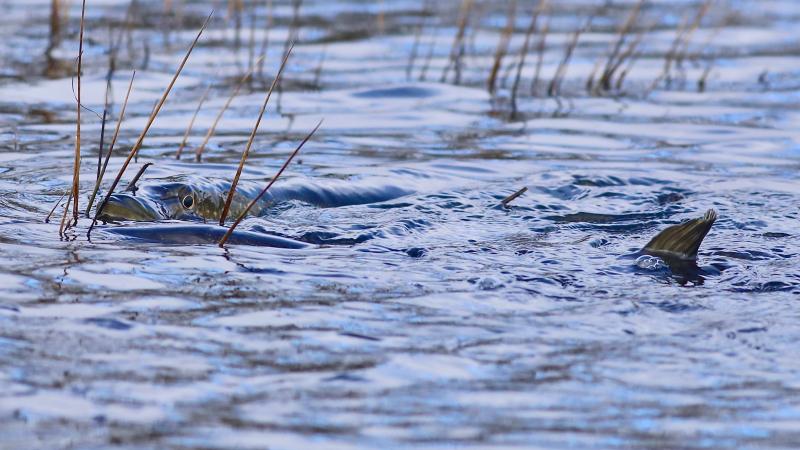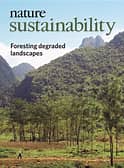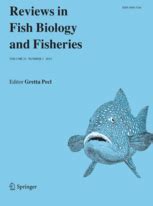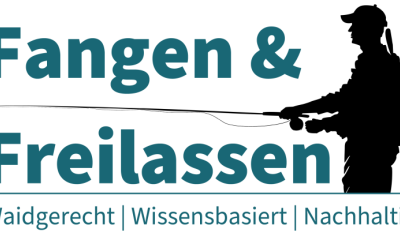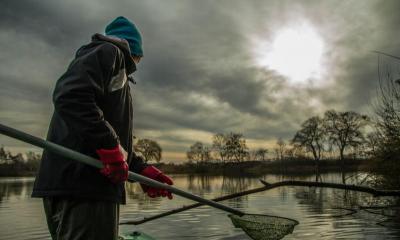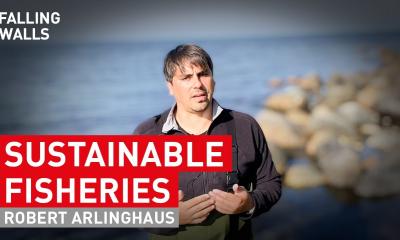Angling
In Germany, amateur anglers remove more fish from freshwaters than commercial fisheries. For this reason, an important approach of our transdisciplinary research is to involve these stakeholders in water protection. Our involvement of anglers and river keepers means that research findings are transferred to practice – and vice versa: this close cooperation provides an important impetus for our own research. In this respect, we focus primarily on the complex interactions between humans and the environment (social-ecological research). How do anglers behave at the riverside or lakeside, and how can they be optimally involved in management measures? How does fish stocking by angling associations affect fish communities and the ecological functions of freshwaters? How can stocks be preserved and used in the long term? And which measures are conducive to animal protection? We address questions such as these in cooperation with anglers and angling associations as well as with partners from the areas of species and nature protection.
Related News
Selected publications
Recreational killing of wild animals can foster environmental stewardship
The authors add a new perspective to the topic of "recreational use of wild animals". The hypothesis is that an emotionally intense interaction between hunters / anglers and wild animals can create a particularly strong sense of responsibility, described as "environmental stewardship". This in turn would be an incentive for many to commit to lifelong environmental and species protection action.

Ecosystem-based management outperforms species-focused stocking for enhancing fish populations
In a large-scale effort, a research team in cooperation with angling clubs, has conducted whole-lake experiments in 20 lakes to improve ecological conditions. Habitat improvements were the most effective means to enhance fish populations, whereas fish stocking completely failed. The study emphasizes the importance of restoring habitats and improving natural ecosystem processes.
Recreational angling and spearfishing on social media: insights on harvesting patterns, social engagement and sentiments related to the distributional range shift of a marine invasive species
The authors compared ecological and social dimensions of recreational angling and spearfishing targeting the invasive bluefish (Pomatomus saltatrix) in Italy using digital videos and their associated data. The study showcases the value of exploring social media to understand the ecological and human dimensions of marine recreational fisheries in relation to distributional range shifts of species.
Evolutionary impact of size-selective harvesting on shoaling behavior: individual-level mechanisms and possible consequences for natural and fishing mortality
The authors present a multigeneration harvest selection experiment with zebrafish as a model to understand the effects of size-selective harvesting on shoaling behavior. Using high-resolution tracking of fish behavior with computational agent-based modeling, they show that shoal cohesion changed in the direction expected by a trade-off between individual vigilance and the use of social cues.
Big-data approaches lead to an increasedunderstanding of the ecology of animal movement
The authors present methods that combine high-resolution tracking technologies with Big Data analyses to investigate the movements of fish and other animals. Through high resolution tracking the effects of environmental and climate changes on wildlife can be better understood, and nature and wildlife conservation be advanced on this basis.



